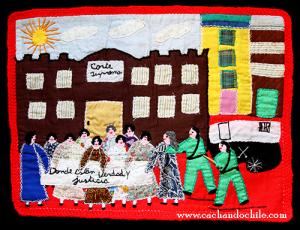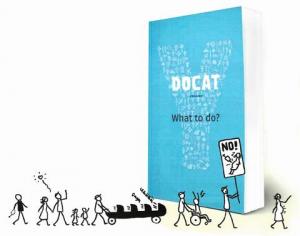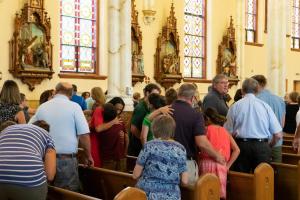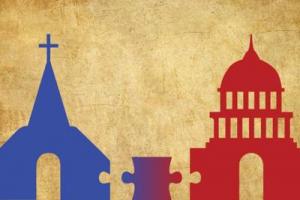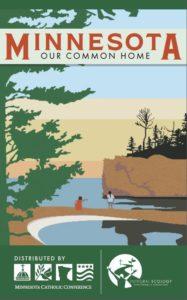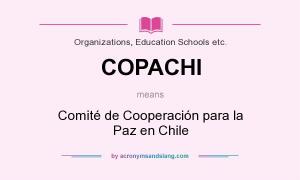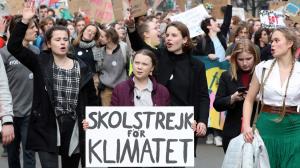In Chile, Cavanaugh says, “It should come as no surprise that reception of the Eucharist increased dramatically among the poor during the military dictatorship.” (p. 268) The regime had claimed the whole of public space for itself. For a time the Church thought it could operate freely in what was left—the private space of individual hearts and souls. But celebrating Eucharist, i.e. “going to church,” is a public act and, for many, the only public act available. Concluding the series on Torture and Eucharist: Theology, Politics, and... Read more



